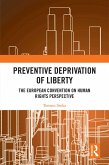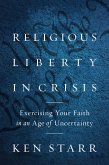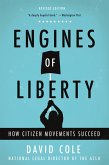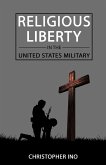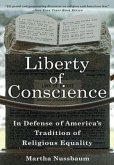"Ball's arguments are concise, compelling, and backed with considerable case law. This volume is highly recommended for upper-level undergraduates and above in law, philosophy, and the medical humanities interested in the 'right to die' debates. Summing up: Highly recommended." Choice
Over the
past hundred years, average life expectancy in America has nearly doubled, due
largely to scientific and medical advances, but also as a consequence of safer
working conditions, a heightened awareness of the importance of diet and
health, and other factors. Yet while longevity is celebrated as an achievement
in modern civilization, the longer people live, the more likely they are to
succumb to chronic, terminal illnesses. In 1900, the average life expectancy
was 47 years, with a majority of American deaths attributed to influenza, tuberculosis,
pneumonia, or other diseases. In 2000, the average life expectancy was nearly
80 years, and for too many people, these long lifespans included cancer, heart
failure, Lou Gehrig's disease, AIDS, or other fatal illnesses, and with them,
came debilitating pain and the loss of a once-full and often independent
lifestyle. In this compelling and provocative book, noted legal scholar Howard
Ball poses the pressing question: is it appropriate, legally and ethically, for
a competent individual to have the liberty to decide how and when to die when
faced with a terminal illness?
At Liberty to Die charts how, the right
of a competent, terminally ill person to die on his or her own terms with the
help of a doctor has come deeply embroiled in debates about the relationship
between religion, civil liberties, politics, and law in American life.
Exploring both the legal rulings and the media frenzies that accompanied the
Terry Schiavo case and others like it, Howard Ball contends that despite raging
battles in all the states where right to die legislation has been proposed, the
opposition to the right to die is intractable in its stance. Combining
constitutional analysis, legal history, and current events, Ball surveys the
constitutional arguments that have driven the right to die debate.
Over the
past hundred years, average life expectancy in America has nearly doubled, due
largely to scientific and medical advances, but also as a consequence of safer
working conditions, a heightened awareness of the importance of diet and
health, and other factors. Yet while longevity is celebrated as an achievement
in modern civilization, the longer people live, the more likely they are to
succumb to chronic, terminal illnesses. In 1900, the average life expectancy
was 47 years, with a majority of American deaths attributed to influenza, tuberculosis,
pneumonia, or other diseases. In 2000, the average life expectancy was nearly
80 years, and for too many people, these long lifespans included cancer, heart
failure, Lou Gehrig's disease, AIDS, or other fatal illnesses, and with them,
came debilitating pain and the loss of a once-full and often independent
lifestyle. In this compelling and provocative book, noted legal scholar Howard
Ball poses the pressing question: is it appropriate, legally and ethically, for
a competent individual to have the liberty to decide how and when to die when
faced with a terminal illness?
At Liberty to Die charts how, the right
of a competent, terminally ill person to die on his or her own terms with the
help of a doctor has come deeply embroiled in debates about the relationship
between religion, civil liberties, politics, and law in American life.
Exploring both the legal rulings and the media frenzies that accompanied the
Terry Schiavo case and others like it, Howard Ball contends that despite raging
battles in all the states where right to die legislation has been proposed, the
opposition to the right to die is intractable in its stance. Combining
constitutional analysis, legal history, and current events, Ball surveys the
constitutional arguments that have driven the right to die debate.
Dieser Download kann aus rechtlichen Gründen nur mit Rechnungsadresse in A, D ausgeliefert werden.



